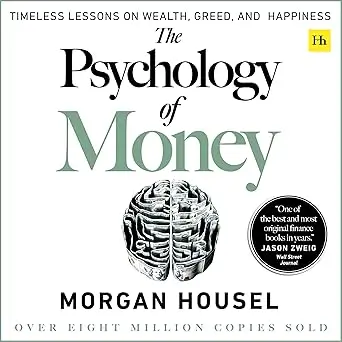How Many Calories Do You Really Burn in a Day?
When it comes to fitness, weight management, or simply living a healthier lifestyle, one question often comes up:
How many calories do I actually burn in a day? The answer is not as straightforward as quoting a single number because calorie burn varies from person to person and even day to day.
It depends on a mix of factors such as age, weight, activity level, and metabolism.
In this article, we will break down how your body uses calories, the factors that influence your daily burn, and how to get an accurate picture of your personal needs.
You can also use our Calorie Burn Calculator to estimate your own numbers.
Understanding Calorie Burn
Calories are units of energy that your body uses to function. Whether you are sleeping, walking, eating, or exercising, your body is constantly burning calories to sustain life and activity.
Broadly, daily calorie burn comes from three main components:
- Basal Metabolic Rate (BMR): This is the energy your body needs to maintain basic functions such as breathing, circulating blood, and regulating temperature while at rest. For most people, BMR makes up 60 to 70 percent of their daily calorie burn.
- Thermic Effect of Food (TEF): Digesting, absorbing, and metabolizing food also requires energy. On average, this accounts for about 10 percent of daily calories burned.
- Physical Activity and Exercise: This includes both structured exercise and non exercise activity like walking around, fidgeting, or doing chores. Activity level can significantly influence your daily total calorie burn.
Factors That Influence Daily Calorie Burn
While these three components apply to everyone, several individual factors determine how many calories you personally burn:
- Body Size and Composition: Larger individuals and those with more muscle mass burn more calories, even at rest.
- Age: Metabolism tends to slow with age, partly due to muscle loss and hormonal changes.
- Gender: Men generally burn more calories than women of the same weight and age because they tend to have more muscle mass.
- Activity Level: Sedentary individuals may only burn a small number of calories beyond their BMR, while highly active people can burn thousands more.
- Genetics and Hormones: Some people naturally have faster metabolisms due to genetics or hormonal differences.
How to Estimate Your Daily Calorie Burn
If you are curious about how many calories you personally burn in a day, there are a few methods:
- Use a Calorie Calculator: Online tools can estimate your daily burn based on weight, height, age, gender, and activity level. Try our Calorie Burn Calculator for quick results.
- Wearable Fitness Trackers: Devices like smartwatches estimate calories burned based on movement, heart rate, and sleep patterns.
- Track Your Progress: Observing changes in your body weight over time helps you find your approximate daily burn.
Average Calorie Burn by Activity Level
Here are general estimates based on activity level:
- Sedentary: Women: 1600 to 1800 calories, Men: 2000 to 2200 calories
- Moderately Active: Women: 1800 to 2200 calories, Men: 2200 to 2800 calories
- Very Active: Women: 2200 to 2400+ calories, Men: 2800 to 3200+ calories
Why Knowing Matters
Understanding your daily calorie burn is valuable for weight management, performance, and health awareness.
To lose weight, you need to burn more calories than you consume. To gain weight or muscle, you need a surplus.
Knowing your burn helps you plan your nutrition better.
How to Increase Daily Calorie Burn
- Build muscle with strength training
- Stay active throughout the day
- Incorporate cardio exercises
- Eat protein rich foods
- Prioritize quality sleep
So, how many calories do you really burn in a day? The truth is, it varies greatly depending on your metabolism, lifestyle, and activity level.
By understanding the components of calorie burn, you can take control of your energy balance and make informed choices about diet and exercise.
Pairing awareness of energy use with healthy habits sets the foundation for long term health and well being.

